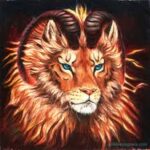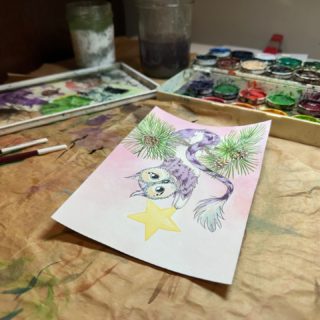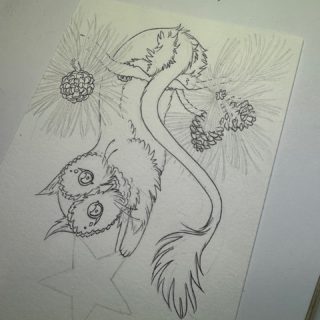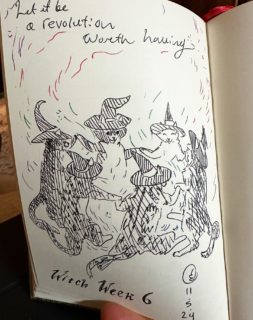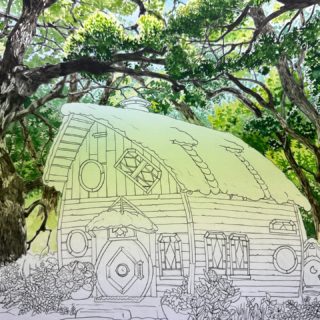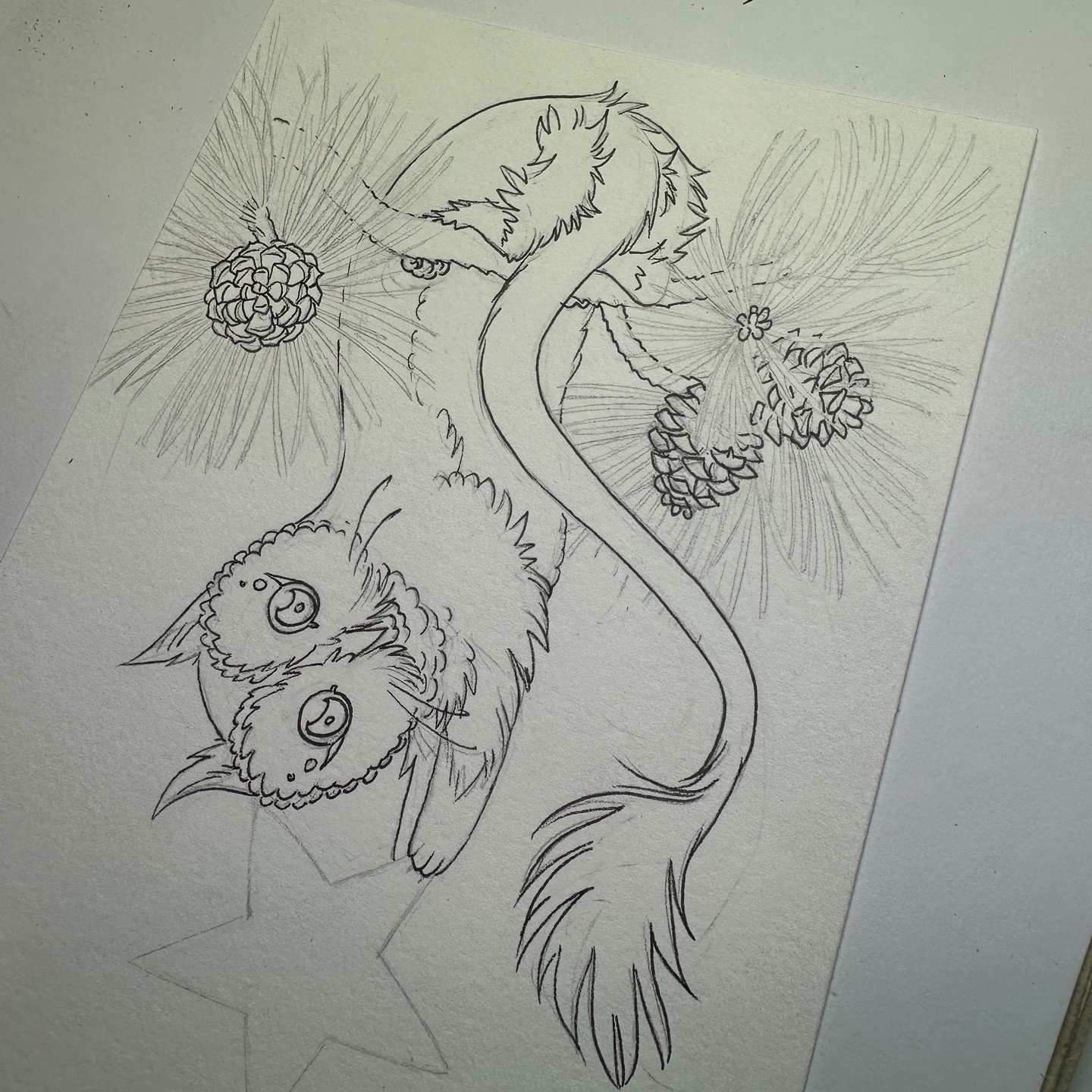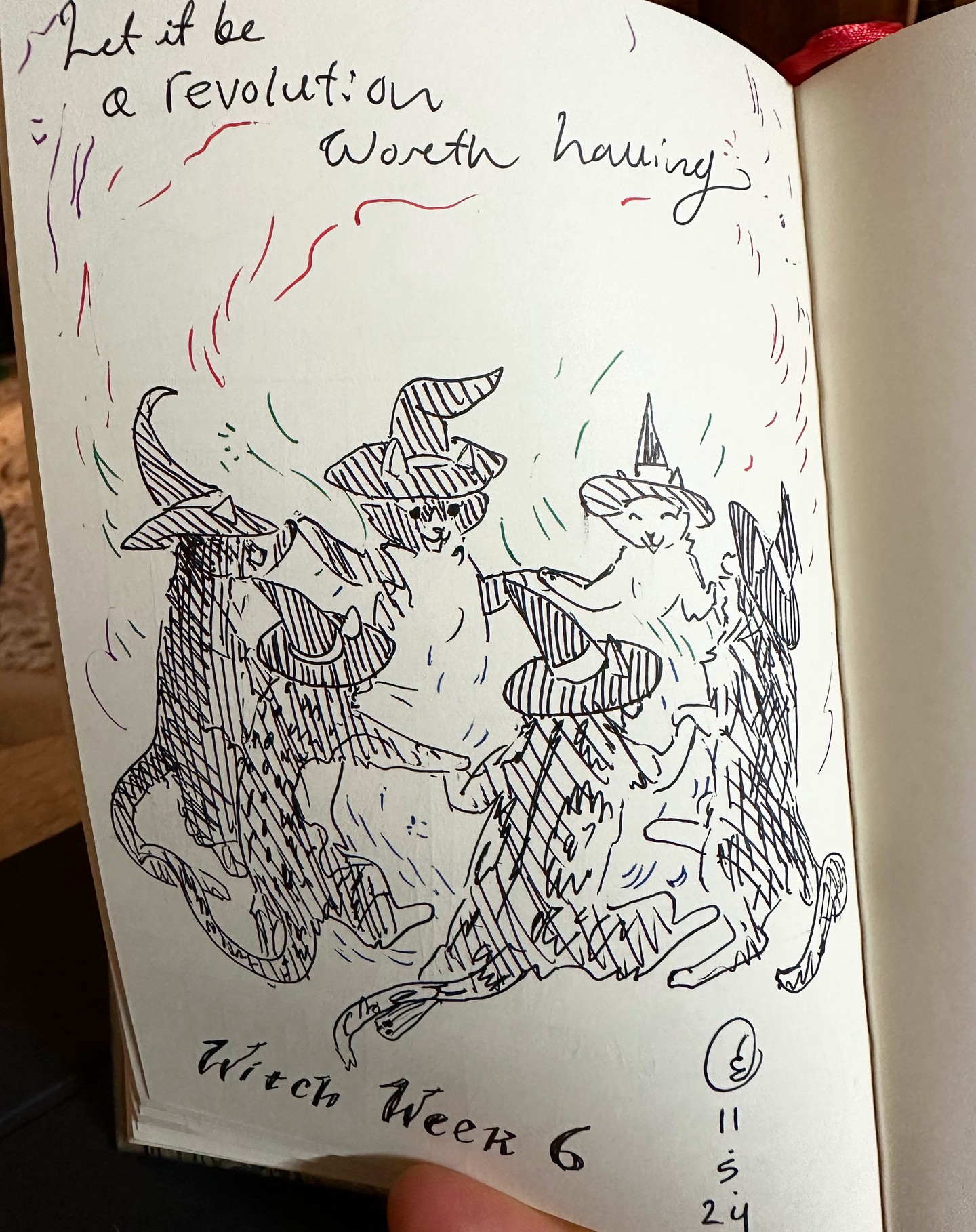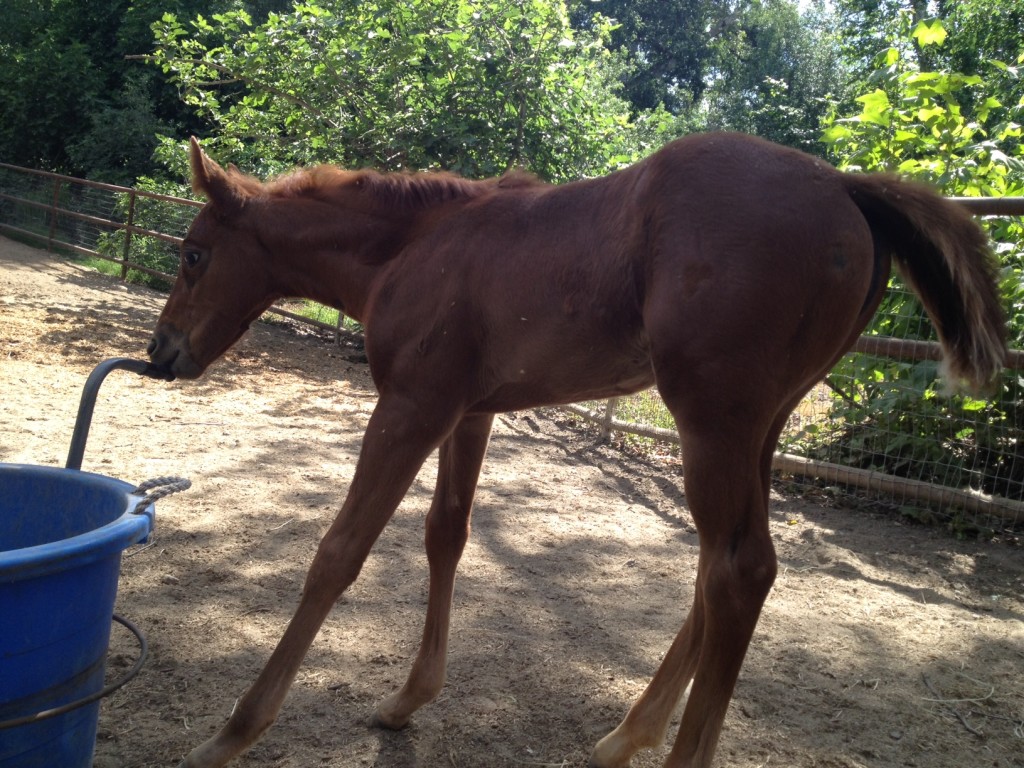
THE PEDESTRIAN’S GUIDE TO WRITING HORSES
7: Further Reading
Aside from research, it is a good idea to read some books where the author got their horses right. My favorite example is The Horse and His Boy by C. S. Lewis. Even though the horses are Narnian Talking Animals, they are still impeccably equine. Read it if only for the description of Bree rolling, which is wonderful.
Diana Wynne Jones also does excellent horses. Darklord of Derkholm is probably my favorite example by her. Again, the horses here are magical, but they are still horses for all that. The Pinhoe Egg has a marvelous horse character, and she gets the differences between horses and bicycles spot on. (Not just the “one’s an animal and once’s just inanimate” thing.) There is only one horse in A Tale of Time City, but it is so perfectly horse-like it’s worth reading. A good book to boot. And as an honorable mention: Mini the elephant from The Merlin Conspiracy. Sure, she’s an elephant, but as I was reading the book I thought, “she’s basing Mini’s character on a horse!” If more writers wrote their horses like Diana Wynne Jones wrote her elephant I would be a very happy reader.
Though they are not fantasy books, the horses portrayed in the Cadfael mysteries by Ellis Peters are wonderfully accurate and imaginative. She pushes them to the limit of what is believable—but never an inch beyond. They are individuals with different personalities, and better yet, their actions (dictated by their personalities) have major effects on the plot. Horse lovers will also be relieved to hear that, for all the books deal with human death quite a bit, the horses rarely die or suffer much at all.
Finally, I must mention an author who I believe did his horses a great disservice, and I mention him only because it is so surprising: J. R. R. Tolkien, who should have known better. He worked with horses. He knew horses. And yet I think we can pin the origin of the “horses as bicycles/cars” trope directly to his lapel. The horses of Middle-earth are mostly props, and even when they are given names and songs (Shadowfax, Bill, Snowmane), they still don’t get real characters. And they are killed off so casually it’s chilling. Not that they die (they all die in believable ways) but that their deaths are rarely given the gravity that they deserve. Only Snowmane is given proper due, and his death comes so late it is almost as though Tolkien looked back on his writing and thought “Golly! I really haven’t been giving my horses enough respect, let’s fix that!” (Rather the same way he used Éowyn to make up for his deplorable female representation.) But in my opinion (in both his horses and his women) it was too little, too late. I am sorry to say I rather resent him for it, as I believe it has given generations of writers the idea that horses can be treated like disposable tissues.
This is not to say I forbid writers from having an equine death toll. If your story requires whole herds of horses to be slaughtered then slaughter them you must. But realize how strong a connection real people feel for their real horses. We love them like we would a family member. To someone who has known a horse, the idea of moving on unfeelingly after they have died is abhorrent. Surely anyone who would behave so callously must be a cold-hearted, inhuman monster.
So unless your characters are cold-hearted, inhuman monsters, have them stop and treat the death of a horse with the same respect and reverence they would of any sympathetic character.
One thing I will say for Susannah Clarke: though the manner in which her equine character dies is a bit unbelievable, the way she handles the aftermath is beautiful. This horse’s death drastically upsets the character’s mood and actions, and because of it the whole course of the story is changed. Which is only as it should be. For this reason alone I say, for a good example of the repercussions of a horse’s death, read Jonathan Strange and Mr. Norrell.
I should note that all the books I have mentioned are not principally about horses. They just have horse characters in them. There are other novels which revolve around horses as the central character(s), and these can be illuminating: Black Beauty, The Black Stallion, and Misty of Chincoteague, spring readily to mind.
I’m also leaving this space open for further recommendations. If any of my horse-savvy readers have books that provide good examples of equine character and behavior, please send me an email and I’ll list it here.
In closing I’d like to say that, really, you don’t have to go into mad detail with your horses to make them realistic. The most important thing to remember is that horses are thinking, breathing animals, and they have ideas and opinions of their own. If you treat them like living things with personalities rather than lumps of clay, you will be doing more than many writers, and the horse-people among your readership will appreciate it.
As for what happens to them in the story… well, as long as you don’t do anything that would make Wendela Horselady recall them, you’ll be just fine in my book.
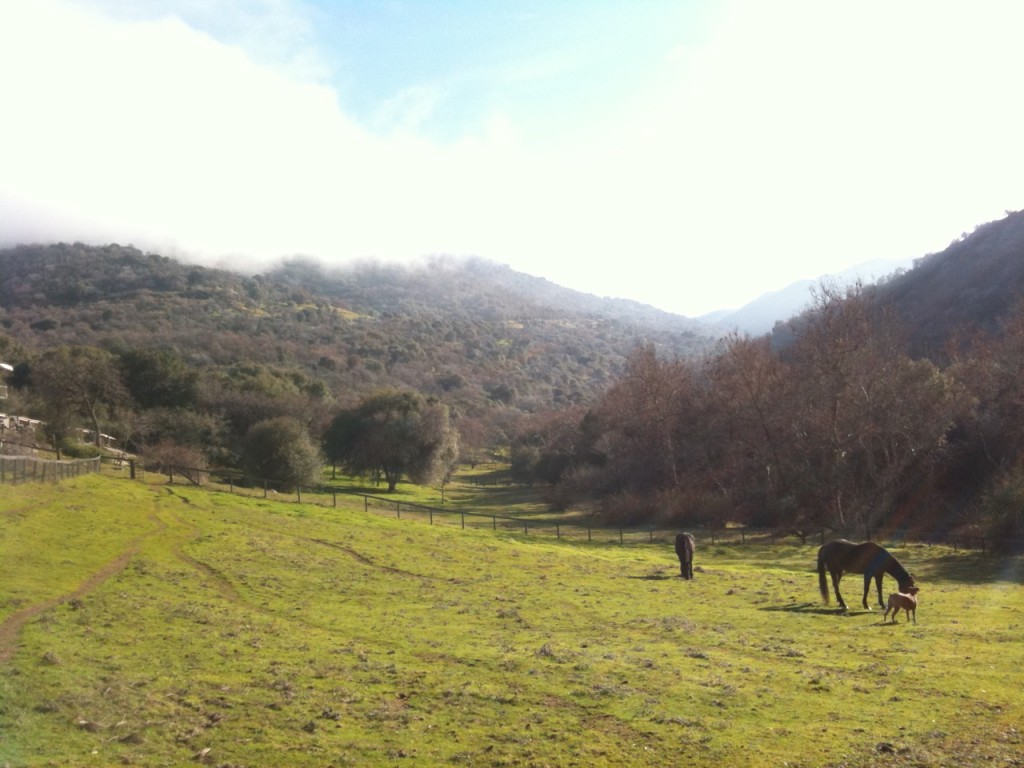
Goldeen Ogawa has been working with and around horses since she was five years old, has been a horse-owner since 2000, and currently rides every week. If you have any questions about horses not answered here you can email her at goldeenogawa@gmail.com or peck at her on Twitter @GrimbyTweets. There you can also follow her weekly horse pictures under the #TweetsFromHorseback hashtag.
*
The Horselady looked slowly around the space by the river. By this time there were not only a large number of people there but two dozen horses, too. “You’re all using my horses,” she said. “I’ll talk to you first and then to Wizard Derk when he comes. I’ve had enough trouble finding this camp—someone’s put it in quite the wrong place—and I may as well make it worth my while. Now, listen. So many of my horses got killed last year that I had trouble meeting my quota for this year. I’ve had to send out some of the breeding stock. And that means fewer foals next year—a lot fewer, because those darned Pilgrims are so careless. Six tours have lost all their horses already, and I’m not providing them with new ones just to have those broken down—”
“Madam,” Umru managed to interrupt, “I assure you I cherish my horses, particularly the only one that can carry me.”
“—by stupid fools who think they’re just some kind of walking chairs,” the Horselady swept on. “And now you’re all coming up to this ridiculous round of battles, and there’s bound to be absolute carnage amongst the horses, because there always is, and I shall have practically none left, and most of those will be hurt in some way. Why you people can’t be more careful—”
“This really isn’t our concern,” Titus said stiffly. “Our legions mostly fight on foot.”
“Yes, I know they do!” the Horselady retorted. “Your lot is the worst of all. Your beastly legions go for the horses every time in order to get the riders off. Well, I’m warning you, if they do that this year, if a single horses gets maimed or killed—”
“Look,” said King Luther, “you can’t have a battle without horses being hurt—”
“Yes, you can if you fight on foot!” the lady contradicted him. “And you’re going to do that, because as I said, if one single horse gets hurt, I shall simply recall the entire lot.”
“That’s surely easier to say than to do,” King Luther said. “For a start, you’d have to—”
“I’d just do this.” The Horselady put her fingers to her mouth and gave a long, warbling whistle. The heads of all the horses turned toward her. Then they all, even Barnabas’s horse, and Umru’s, and those that had been tied to stakes by King Luther’s men, trotted eagerly toward her over the shale. The bard’s horse came out of the dome at a canter and reached her first. The noise, for a moment, of hooves crashing on stones, was horrible. “You see?” the Horselady said, out of the crowd of horses. “Nothing simpler.” She patted necks and rubbed noses. “There, my loves. Go back to your borrowers for now. I’ll call you again when I need you.”
—Darklord of Derkholm by Diana Wynne Jones
